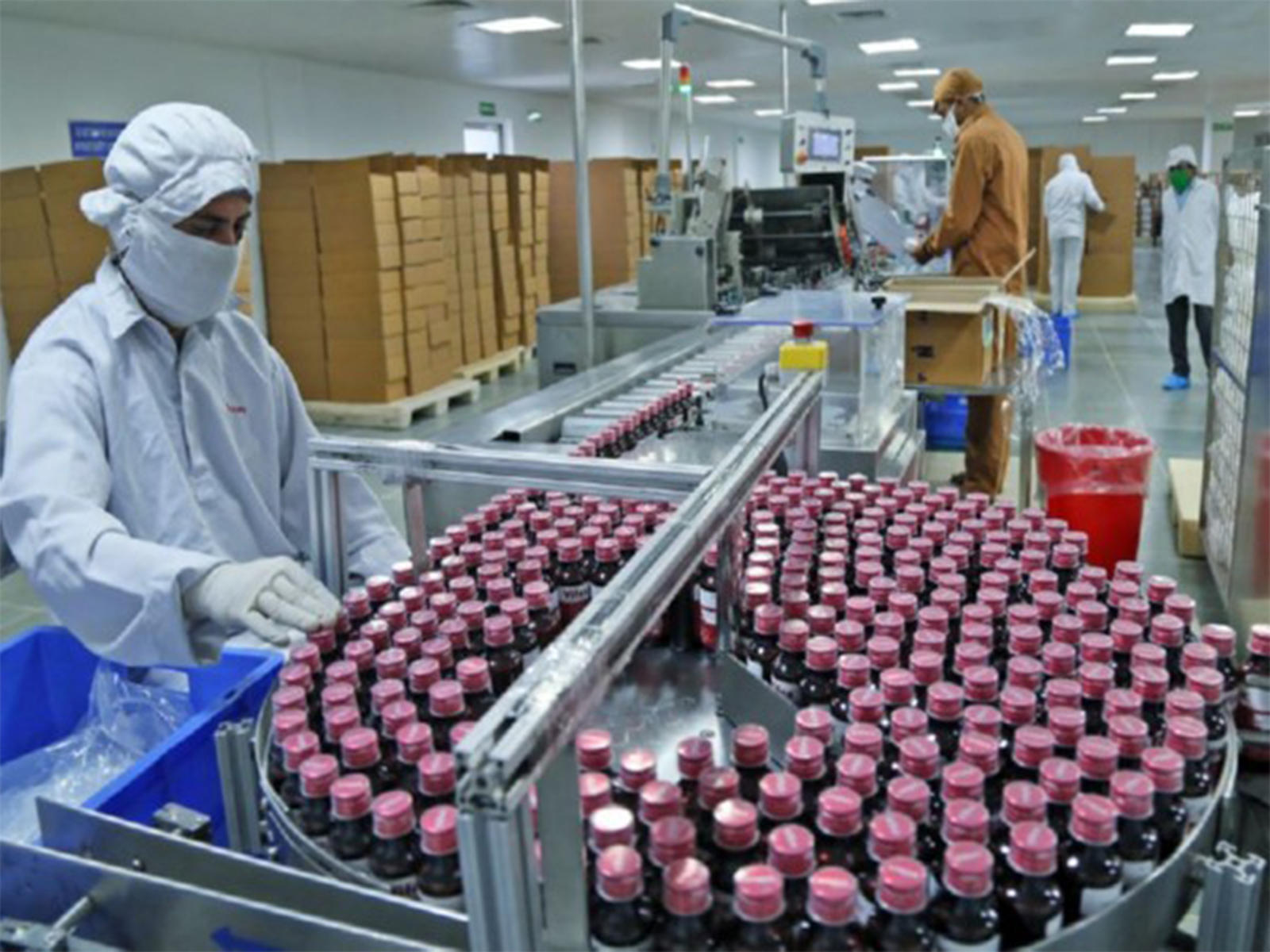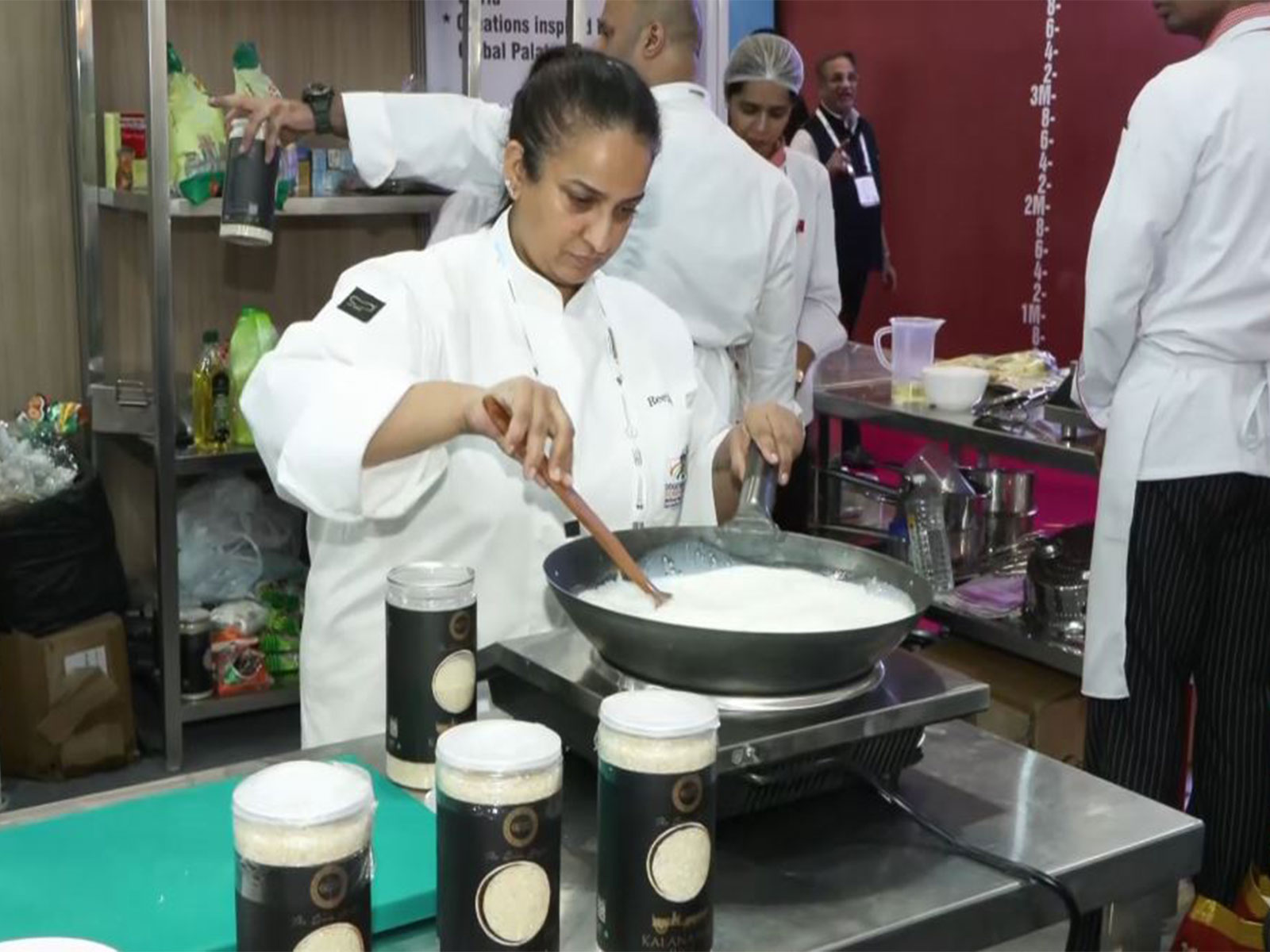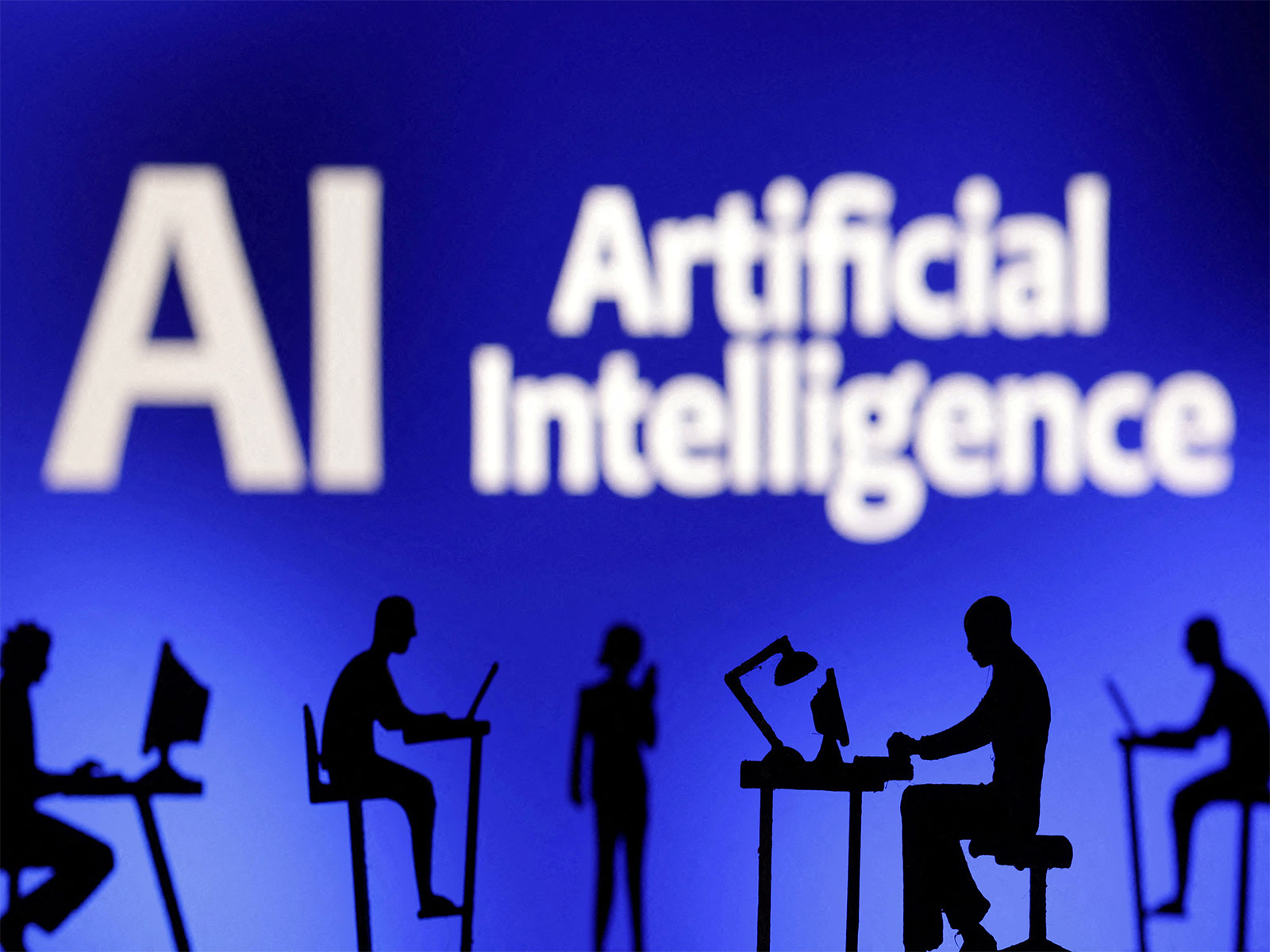New Delhi [India], October 31 (ANI): The U.S. Food and Drug Administration (FDA) has announced major steps to make it faster and less costly to develop biosimilar medicines, lower-cost “generic” alternatives to biologic drugs used to treat serious and chronic diseases.
In a new draft guidance, the FDA has proposed major updates aimed at simplifying biosimilarity studies and reducing unnecessary clinical testing.
The agency also launched a separate initiative to make it easier for biosimilars to be developed as interchangeable with brand-name biologics, allowing patients and pharmacists to choose affordable options more easily.
It also noted that the expensive biologic drugs account for only 5 per cent of prescriptions in the U.S. but make up 51 per cent of total drug spending as of 2024.
Although FDA-approved biosimilars are as safe and effective as branded biologics, their market share remains below 20 per cent.
So far, the FDA has approved 76 biosimilars, which is only a small fraction compared to more than 30,000 approved generic drugs. Notably, only about 10 per cent of biologic drugs expected to lose patent protection in the next decade currently have a biosimilar in development.
Health and Human Services Secretary Robert F. Kennedy Jr. said, “Today’s announcement of biosimilar reform furthers President Trump’s directive to lower drug prices for the American people. This bold action by the FDA accelerates biosimilar development, drives market competition, expands patient options, and advances our mission to Make America Healthy Again.”
FDA Commissioner Marty Makary, M.D., M.P.H., added that biosimilars could significantly reduce healthcare costs. “By streamlining the biosimilar development process and helping advance interchangeability, we can achieve massive cost reductions for advanced treatments for cancer, autoimmune diseases, and rare disorders affecting millions of Americans,” he said.
The FDA’s new draft guidance, “Scientific Considerations in Demonstrating Biosimilarity to a Reference Product: Updated Recommendations for Assessing the Need for Comparative Efficacy Studies,” is based on data and experience since the first biosimilar approval in 2015.
Comparative efficacy studies, which take one to three years and cost about USD 24 million on average, have shown low sensitivity compared to other analytical assessments. The updated guidance now allows developers to rely more on analytical testing instead of human clinical studies.
Additionally, the FDA will generally no longer recommend “switching studies” that were previously required for interchangeable biosimilars but not for generic drugs. These changes are expected to reduce development time, costs, and confusion among patients.
The biosimilar approval pathway was created in 2010 under the Biologics Price Competition and Innovation Act to promote competition in markets dominated by high-cost biologics. (ANI)
Disclaimer: This story is auto-generated from a syndicated feed of ANI; only the image & headline may have been reworked by News Services Division of World News Network Inc Ltd and Palghar News and Pune News and World News
HINDI, MARATHI, GUJARATI, TAMIL, TELUGU, BENGALI, KANNADA, ORIYA, PUNJABI, URDU, MALAYALAM
For more details and packages
















